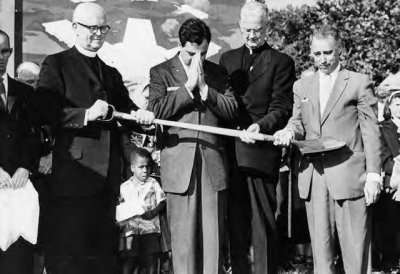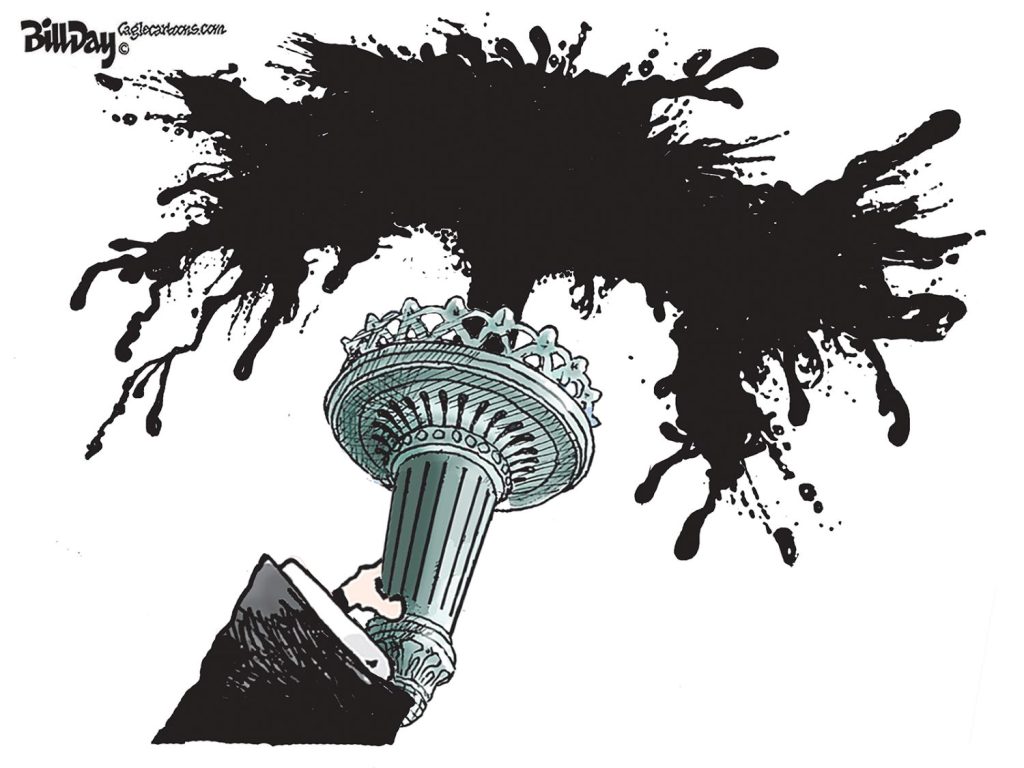As budget deliberations wind down to a close, it seems that every facet of local government has been examined and almost every option has been considered for cost savings or new revenues. That’s what makes it even strange how little serious discussion there was about changes to the PILOT programs that waive almost $100 million a year in city and county taxes.
It follows up recent comments about Memphis and Shelby County’s overreliance on payment-in-lieu of taxes (PILOT) from outside our community, notably by state officials and an organization advocating smarter business incentives.
In his letter to City of Memphis officials expressing concern about their financial stability, the state comptroller’s office said the tax freezes are causing stress on city finances. “The City has aggressively used PILOTs and other property tax incentives for economic development purposes which cut into future property tax revenue growth,” the letter said.
Two weeks later, during the Greater Memphis Chamber’s “red carpet tour” of Memphis economic development sites, Tennessee Economic and community Development Commissioner Bill Hagerty told a reporter that the Haslam Administration has de-emphasized traditional incentives and cautions local governments to be selective in their uses of the incentives.
Tax Freeze Holidays
In addition, Good Jobs First, an advocacy group calling for making incentives more accountable and more reasonable, once again spotlighted Memphis and Shelby County’s overuse of incentives and the questionable policy of granting new tax freezes for companies that even whisper that they might move to North Mississippi.
Its report said that one-third of all PILOT subsidies in Tennessee have been granted in Shelby County, but actually, we believe that this percentage is low because it does not seem to include PILOTs issued by the Downtown Memphis Commission. The fact remains that Memphis and Shelby County have approved more tax freezes than all the other major cities and counties in Tennessee combined.
Local EDGE officials said that the report was unfair because other cities, notably Nashville, have used Tax Increment Financing (TIF) districts as incentives while Shelby County has used PILOTs. First, when all incentives of any kind in other large Tennessee cities are totaled up, they still fall way short of the number of incentives approved here. For example, Nashville has averaged roughly 2.5 TIF districts a year for the past two decades while Memphis and Shelby County approve several dozen tax freezes.
Second, while no incentive is risk-free, perfect, or free from abuse, given a choice, we side with Nashville’s approach. At least there the companies receiving the TIF incentives are paying taxes, and in this way, the TIFs are self-funding. Here, PILOT incentives give companies a tax free holiday that now can extend 30 years while local taxpayers pick up the tab for the cost of their public services.
Context Matters
To keep things in context: Nashville largest TIF – for the Omni Hotel – was $61.6 million and the second largest was $13.5 million – which was to BellSouth and has been paid off – and the rest of the top 10 largest TIFs average about $6 million. By way of comparison, recent PILOTs here were only slightly below the highest TIF in Nashville. International Paper’s PILOT waived about $57 million in taxes which will never be repaid, the PILOT for Nike waived $58 million which will never be repaid, and tax freezes of $6 million and higher are plentiful. (We have applauded EDGE’s online transparency, and hopefully, it will add the amount of PILOTs that were given to applicants listed on its projects page.)
Although there are significantly fewer TIFs in Nashville than PILOTs in Memphis and the amounts there average much less, State Comptroller Justin Wilson has pushed changes to state law to increase accountability and to ensure that TIFs are judicious when it comes to state government’s best interest. Officials with his office said the risk of TIF deals straining a local government is minimal, but acknowledged that taxpayer protection was a concern that spurred reform.
It was a warning shot that should have gotten the attention of Memphis and Shelby County officials, because clearly, concern is growing in Nashville about the financial price that is being paid here for the imprudent use of tax freezes. Rather than wait for another letter from state government or for legislative changes in state law to limit the use of PILOTs, it would appear to be a good time for EDGE to reform its own policies to bring more reason and balance into the process.
There are also rumblings on local legislative bodies about their impatience with business as usual when it comes to the use of PILOTs. City Council cut funding to EDGE by $350,000 to send a message of its displeasure. It would be in EDGE’s self-interest to get ahead of the growing concerns because PILOTs can be issued only because Memphis City Council and Shelby County Board of Commissioners delegated this power to agencies such as the Industrial Development Board. Just as the legislative bodies giveth, they can also taketh away.
In other words, it’s in EDGE’s enlightened self-interest to now develop policies that define success by how few taxes are waived rather than how many.
Poaching Is Easier Than Working
In the Good Jobs First report, there were harsh words for DeSoto County’s parasitic economic development policy. Rule #1 there is simply to poach jobs and businesses that are in Shelby County.
The report also took notice of the pro forma statements from virtually every PILOT applicant that they are thinking of moving to Mississippi to take advantage of a new policy that loosens tax freezes even more. It was in making this simple statement, which is accepted at face value and without serious negotiation, that International Paper and Nike will now go about 30 years with only paying the taxes for the unimproved land on which they were built.
In response to the poaching indictment by Good Jobs First, Jim Flanagan, president and chief executive of the DeSoto Economic Development Council, defaulted to threadbare rhetoric. He told The Commercial Appeal’s Tom Bailey: “It is because of regionalism that the Memphis metro region is stronger and companies recognize their ability to expand in our region instead of another metropolitan area, where we would not enjoy any of the retention and expansion of jobs and capital investment.”
Absent from his disingenuous comments are any resemblance of an explanation of why a routine day’s agenda for his group is to work to recruit away a company from Shelby County rather than doing the hard work of business recruitment that is a net gain for our region. EDGE president Reid Dulberger said that as recently as last week, Mississippi came into Memphis with the purpose to lure a company across the border.
Jury Verdict
It’s clear that meanwhile, EDGE will continue to use the bogeyman of companies moving to DeSoto County as its justifications for issuing a tax freeze to anyone who can fill out the paperwork. In case, applicants aren’t smart enough to say the secret words, the PILOT form even prompts the correct answer.
However, the clock is ticking on business as usual with the PILOT programs, and the jury is out on whether EDGE has the will to control its own future and develop fairer programs for the taxpayers of Memphis and Shelby County.
At this point, it’s not clear if they are up to the challenge.
***
Note: The much-ballyhooed letter from State Comptroller Justin Wilson to Memphis Mayor A C Wharton and City Council in the end seems more like politics every day. The problem evaporated almost as quickly as it arose with the comptroller sending Valentines to city officials. Curiously, in an interview with Memphis Flyer’s Jackson Baker, Mr. Wilson said budgetary and other fiscal problems are common “all across the state, not just Memphis,” which begs the question of why letters to those other governments are handled in a much lower key way and why the letters to Memphis were handled in such a politically reckless manner.





